Causes of Dry Mouth

Dry mouth, medically known as xerostomia, is a bothersome condition characterised by a persistent feeling of oral dryness, lack of saliva, and difficulty eating, swallowing, and speaking. It's estimated that 20% of adults suffer from dry mouth, making it a widespread issue affecting millions globally.
Saliva plays a vital protective role in oral health. It lubricates the mouth, begins digesting carbohydrates, flushes away food debris, and contains antimicrobial compounds that prevent tooth decay and gum disease. With inadequate saliva flow, we lose these essential functions, putting our oral and even systemic health at risk.

Signs You're Experiencing Dry Mouth
Recognizing the signs of dry mouth is crucial for timely intervention and management. Here are key indicators to watch out for:
- Persistent Thirst: An unquenchable feeling of thirst, often leading to increased water intake.
- Sticky, Dry Feeling in the Mouth: A noticeable lack of moisture, resulting in a sticky or dry sensation.
- Frequent Lip Licking or Chapping: The need to constantly moisten the lips, which often become dry and chapped.
- Difficulty Swallowing or Speaking: A lack of saliva can make it challenging to swallow or speak clearly.
- Bad Breath: Saliva helps cleanse the mouth; its absence can lead to persistent bad breath.
- Altered Taste: Experiencing a diminished sense of taste or a metallic taste in the mouth.
- Mouth Sores or Cracked Corners of the Mouth: Dryness can lead to the development of sores or cracks, especially at the corners of the mouth.
- Thick or Stringy Saliva: Changes in saliva consistency, often becoming thick or stringy.
- Difficulty Wearing Dentures: A lack of saliva can make it hard to wear dentures comfortably.
- Increased Tooth Decay or Gum Disease: Saliva protects against decay and disease; its reduction can increase these risks.
But what causes our mouth to turn dry in the first place? As it turns out, many factors can hamper saliva production and lead to persistent xerostomia. Let's explore some of the most prominent underlying reasons.
Medications Leading to Dry Mouth
Anticholinergic drugs, such as certain antihistamines and antidepressants, are known to reduce saliva production. Read more about how medications affect dry mouth.

Dehydration and Dry Mouth
It's estimated that a staggering 75% of people may suffer from chronic dehydration, suggesting that they are consistently not drinking enough fluids. Insufficient fluid intake can significantly contribute to dry mouth symptoms. Find out more on Dehydration and Dry Mouth.
Nutritional Deficiencies and Dry Mouth
Nutritional deficiencies, particularly in certain vitamins and minerals, can adversely affect salivary gland function, exacerbating dry mouth symptoms. Find out all the details on our page here, but for a quick overview, here are some key nutrients involved:
| Nutrient | Function | Impact on Dry Mouth |
|---|---|---|
| Vitamin B2 | Supports saliva production; reduces inflammation | Deficiency may lead to reduced saliva production and mouth inflammation. |
| Vitamin B6 | Essential for healthy salivary gland function | Inadequate levels can limit saliva flow. |
| Vitamin A | Maintains moisture in mucosal cells | Deficiency may result in dry, uncomfortable oral tissues. |
| Iron | Supports structural development of salivary glands | Inadequate iron levels may impact saliva production. |
| Zinc | Necessary for taste perception and saliva secretion | Deficiency can affect saliva composition and secretion. |
Autoimmune Disorders and Dry Mouth
Conditions like Sjögren's syndrome directly impact salivary glands. Learn more about this connection at Autoimmune Disorders and Dry Mouth.
Aging and Reduced Saliva Production
Saliva production often decreases with age. Studies indicate that up to 30% of individuals over the age of 65 experience symptoms of dry mouth. This prevalence rises to nearly 40% in those over the age of 80. Discover the details at Aging and Reduced Saliva Production.
Dry Mouth and Diabetes
As of 2023, approximately 537 million adults are living with diabetes worldwide, according to the International Diabetes Federation, this number is expected to rise to 783 million by 2045.
High blood sugar levels in diabetes can lead to dry mouth. Explore this topic further at Dry Mouth and Diabetes.

High Blood Pressure and Dry Mouth
High blood pressure, or hypertension, is a chronic medical condition where the force of the blood against artery walls is persistently high, posing risks such as heart disease and stroke. Find out more here.
Causes and Risk Factors:
- Primary Hypertension: Develops gradually over many years without a specific identifiable cause. Lifestyle factors like poor diet, lack of exercise, and obesity often contribute.
- Secondary Hypertension: Caused by underlying conditions such as kidney disease, thyroid problems, congenital blood vessel defects, certain medications, and illegal drugs.
Can Nasal Spray Cause Dry Mouth?
Nasal sprays are a common remedy for various nasal conditions such as congestion, allergies, or cold symptoms. However, some types of nasal spray can cause dry mouth as a side effect. It's essential to understand the different types of nasal sprays and their potential side effects on oral health.
Read more about the different type of Nasal Sprays and Side Effects.
Recreational Drug Use and Dry Mouth
Recreational drug use can lead to dry mouth, a condition that significantly impacts oral health by increasing the risk of cavities, bad breath, difficulty swallowing and speaking, and fungal infections.
Read more about How and Why here.
Impact of Smoking on Saliva Production
Nearly 1.1 billion people smoke tobacco worldwide. Most are aware of smoking's links to lung disease, heart disease, and cancer. But did you know lighting up cigarettes can also wreak havoc in our mouth? Tobacco use is a significant factor reducing saliva flow - read more at Impact of Smoking on Saliva Production.
Alcohol Consumption and Dry Mouth
It’s a familiar feeling—a sudden onset of parched mouth while sipping cocktails or wine over dinner. But for the nearly 30 percent of adults who regularly consume alcohol, these bouts of oral dryness may signal a more insidious issue – chronic dry mouth caused by excessive drinking. Detailed insights are at Alcohol Consumption and Dry Mouth.
Anxiety and Dry Mouth
Do you ever find yourself inexplicably parched while feeling worried or on edge? No matter how much water you drink, it seems impossible to quench your sudden thirst? This frustrating phenomenon has a name - anxiety-related dry mouth. And over a third of adults in the UK deal with this stealthy link between stress and oral health.

Caffeine and Dry Mouth
Starting our day with a refreshing dose of caffeine is a familiar routine for many of us. Whether it's a hot cup of coffee, a cosy mug of tea, or an energy drink, caffeine perks us up and gets us going. However, that energy boost might come with an unexpected downside – dry mouth. This article explores the intriguing connection between caffeine and dry mouth, shedding light on why our beloved morning pick-me-up might leave us feeling parched later in the day.
Psychological Disorders and Dry Mouth
Psychological disorders such as anxiety, depression, eating disorders, and stress are known to be associated with dry mouth. This table outlines these disorders and their related symptoms.
| Psychological Disorder | Symptoms Related to Dry Mouth | Other Common Symptoms |
|---|---|---|
| Anxiety Disorders | - Frequent mouth breathing during anxious episodes - Difficulty swallowing due to tension |
- Racing thoughts - Restlessness - Difficulty concentrating |
| Depression | - Reduced desire to drink fluids due to low mood | - Feelings of sadness or hopelessness - Fatigue - Difficulty sleeping |
| Eating Disorders | - Dehydration due to purging behaviours or restricted food intake | - Preoccupation with weight and food - Electrolyte imbalances |
| Stress | - Increased muscle tension, including facial muscles affecting saliva production | - Headaches - Difficulty relaxing - Irritability |
Read more about Psychological Disorders and Dry Mouth Here.
Snoring and Dry Mouth
Waking up with a parched mouth and a scratchy throat – a common experience for many, especially after a night of snoring. But is there a link between these two sleep disruptors? Absolutely! Dry mouth, medically known as xerostomia, and snoring often go hand-in-hand, and understanding this connection can help improve your sleep quality and overall health.
Find out more about how Snoring can induce Dry Mouth and visa versa, here.
Dry Mouth and Underlying Conditions
Dry mouth can often serve as an alarm bell for underlying health conditions. Let's explore some connections...
- Diabetes: More Than Just a Sweet Tooth
- Sjogren's Syndrome: Unravelling the Autoimmune Connection
- Neurological Disorders: When Nerves Lose Their Signal
Read the rest of the article here.
In essence, saliva keeps our mouth healthy in many intricate ways. When salivary flow drops persistently, we lose these protective benefits and confront rising disease risk instead. As discussed through numerous examples, medications, chronic medical conditions, lifestyle choices, and other issues can directly or indirectly suppress moisture secretion. So if your mouth feels continually parched for over two weeks, don't ignore this red flag. Seek professional help to identify where the problem stems from. Addressing the specific triggers is vital for managing symptoms while safeguarding your oral well-being long-term through well-lubricated tissues and high salivary functionality.

Sense Hero
Sense Hero mouth Spray UK: Quick Fix for Dryness, Vapers Tongue and Palate Cleansing
View full details

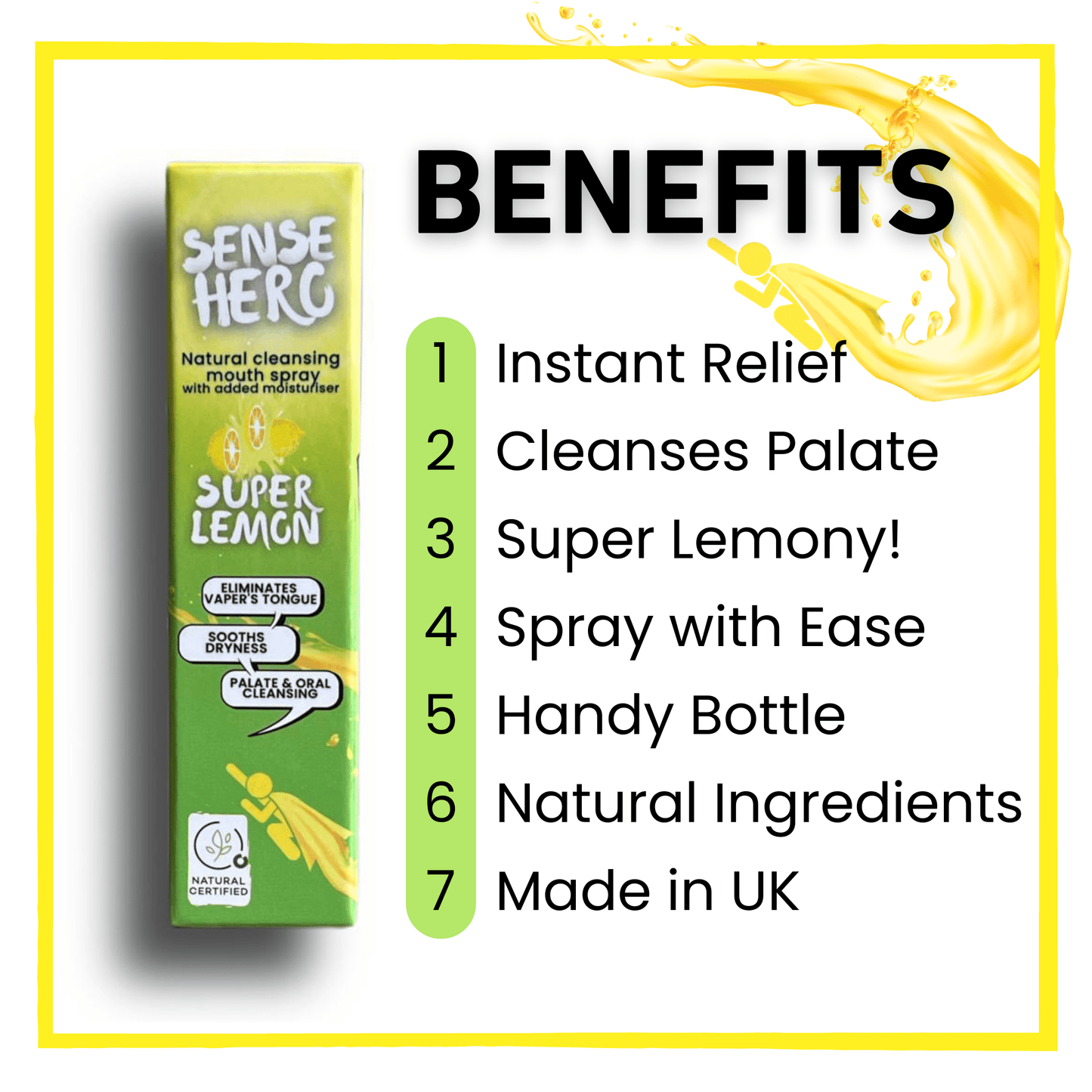
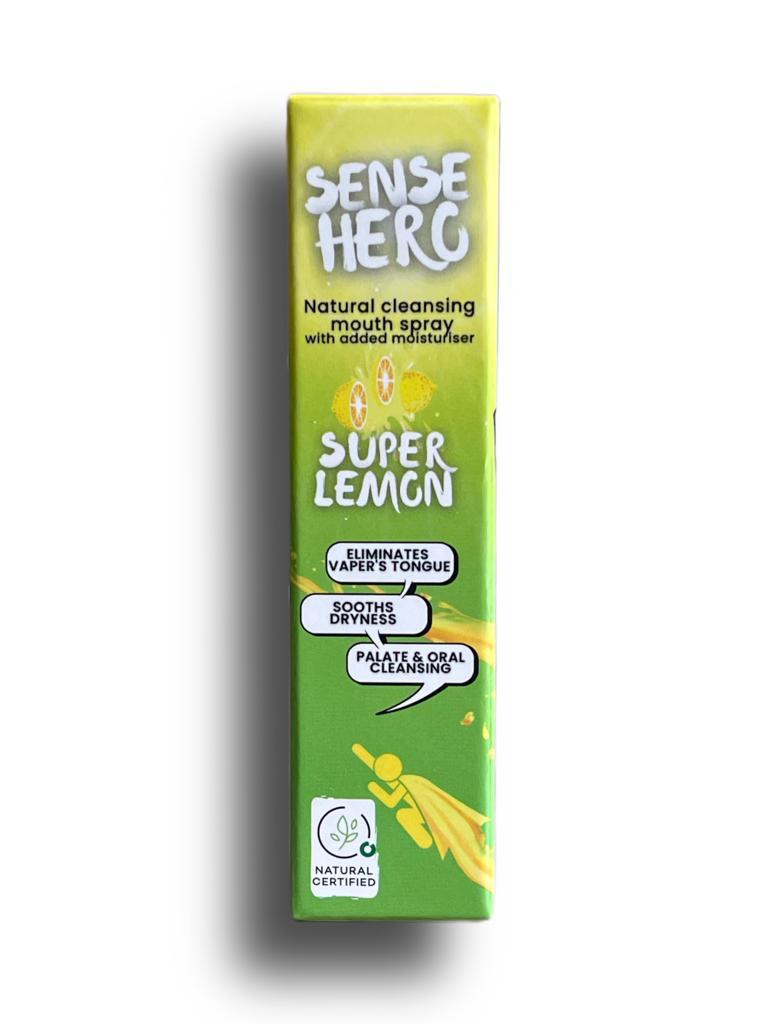
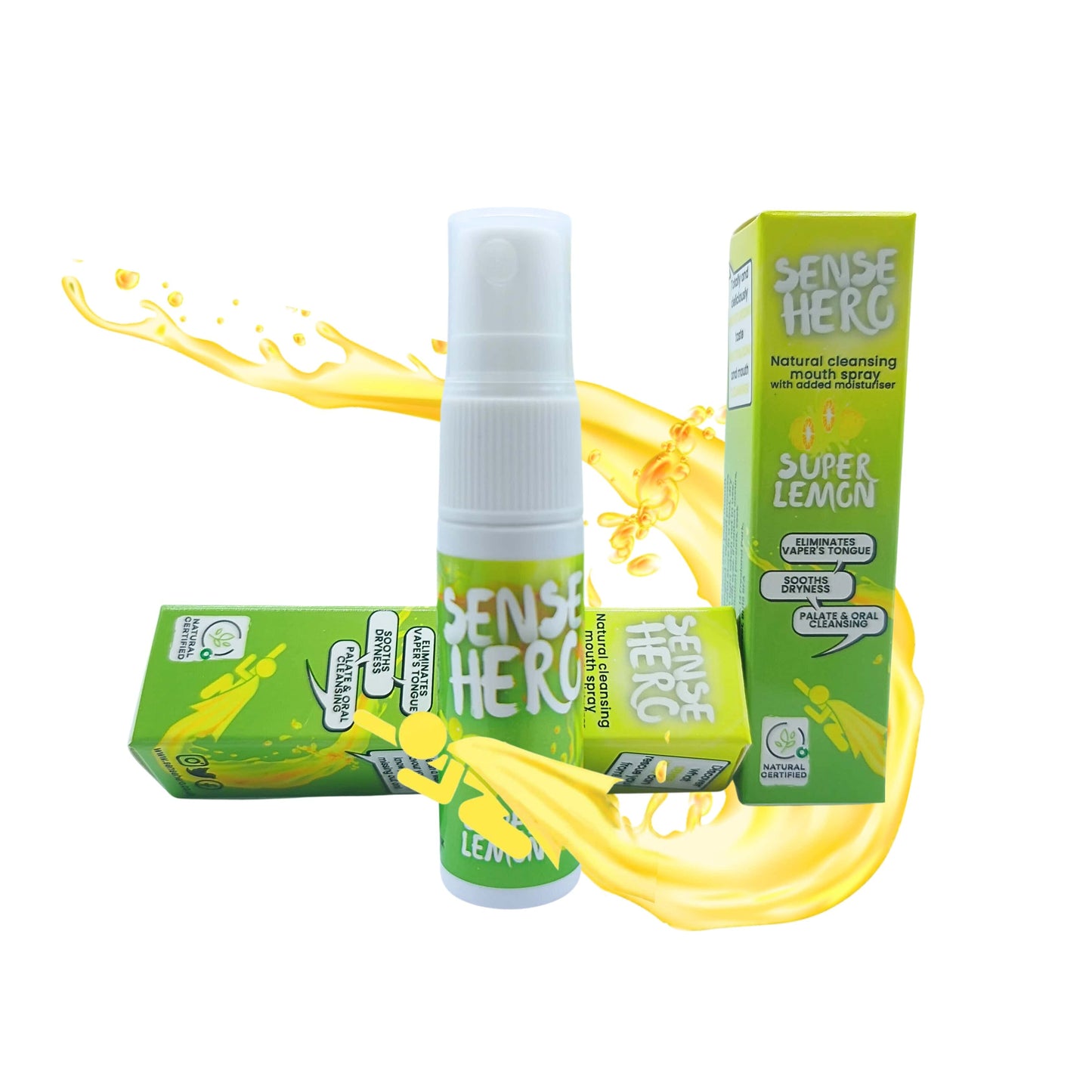
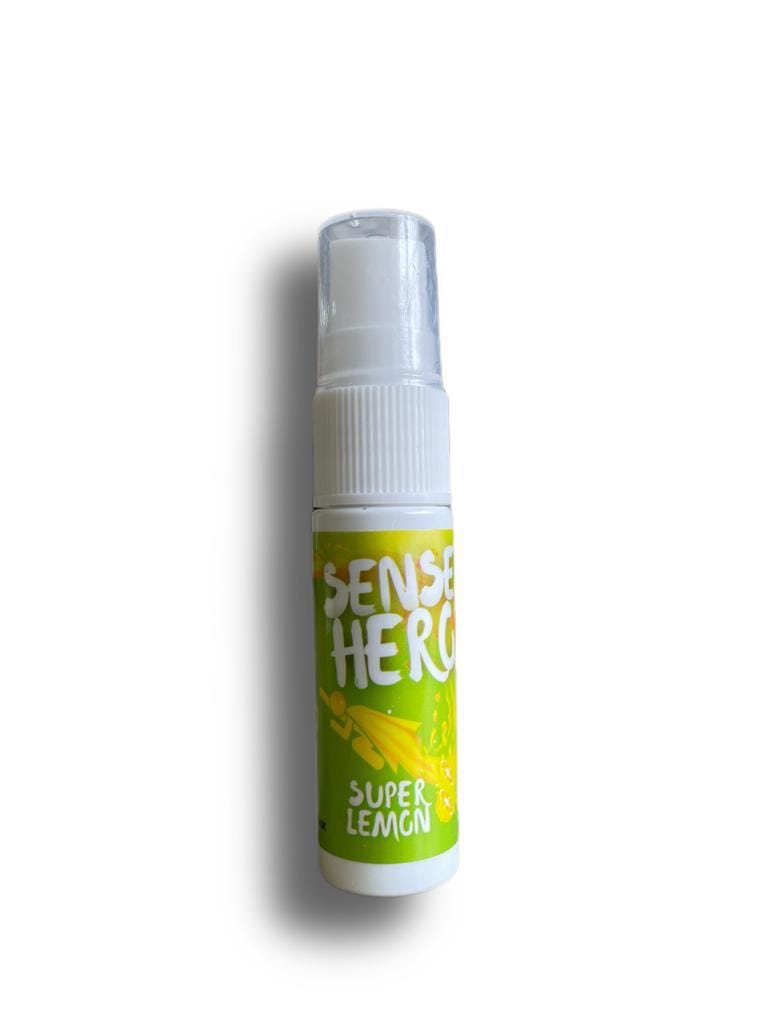
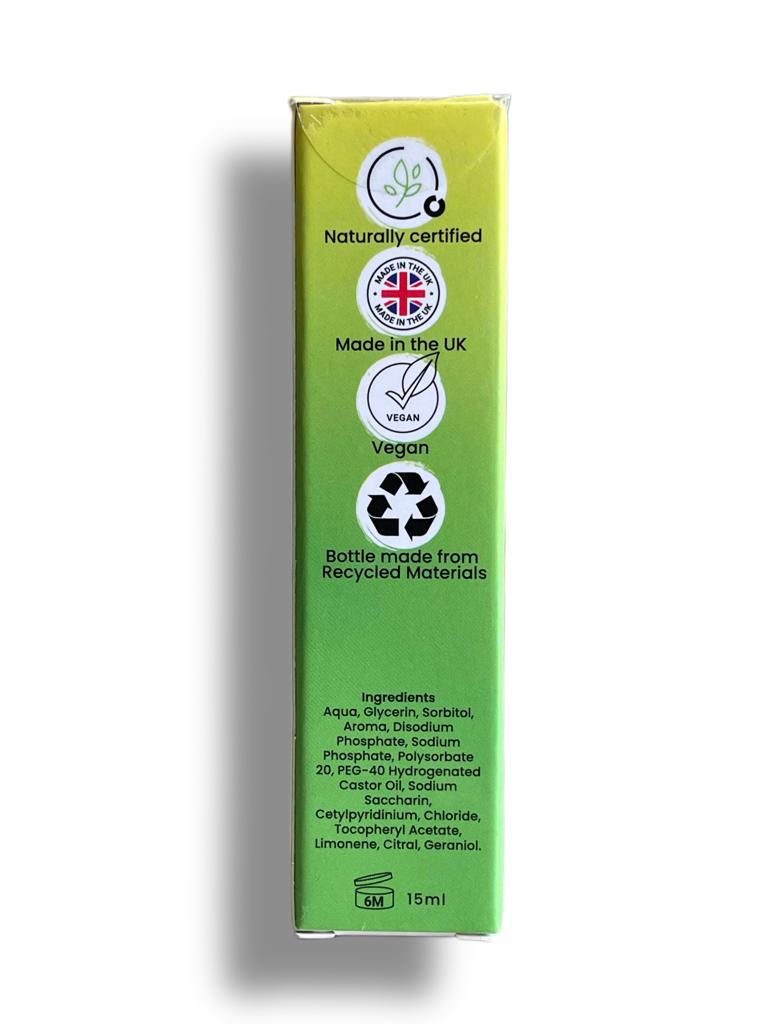

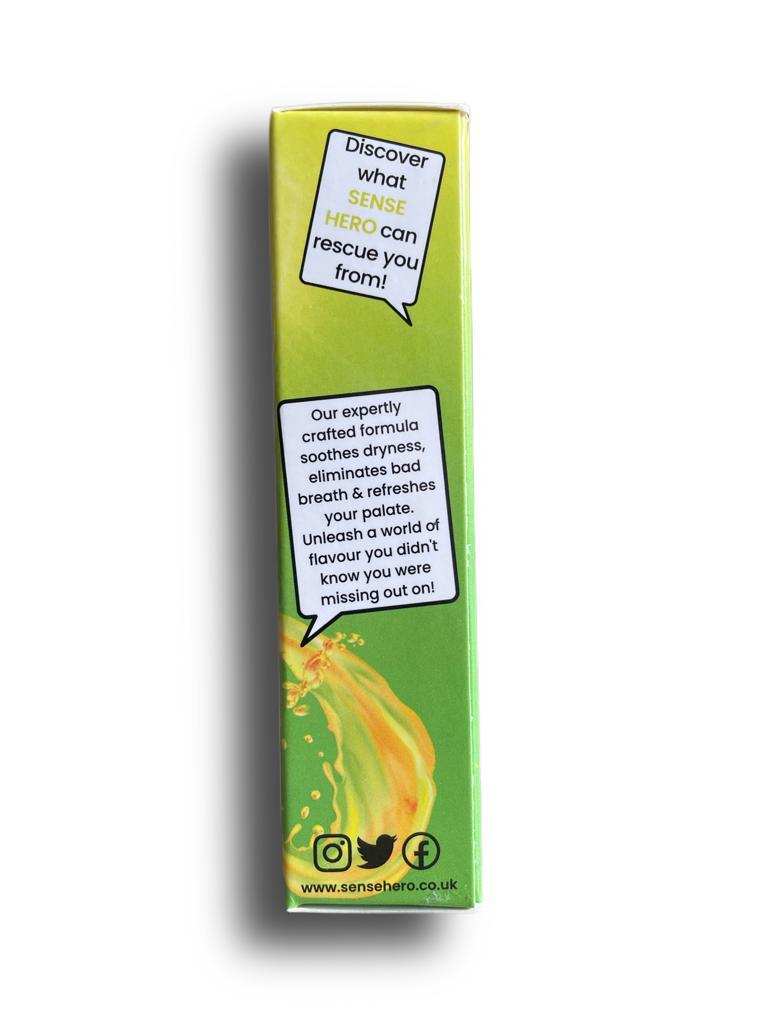
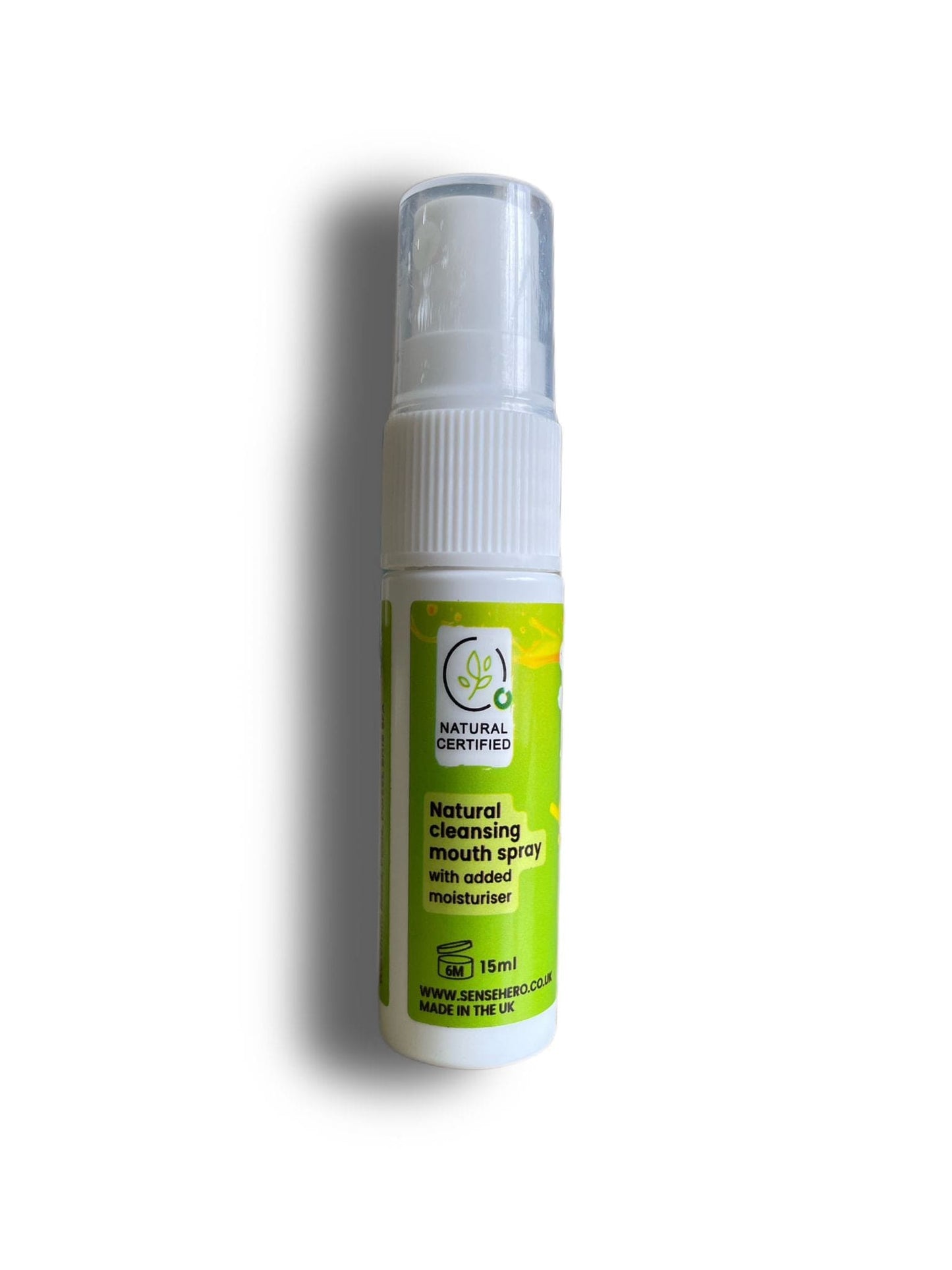


Sense Hero spray is not a medicinal product and is not intended to diagnose, treat, cure, or prevent any disease. Sense Hero Spray is designed for personal comfort.

